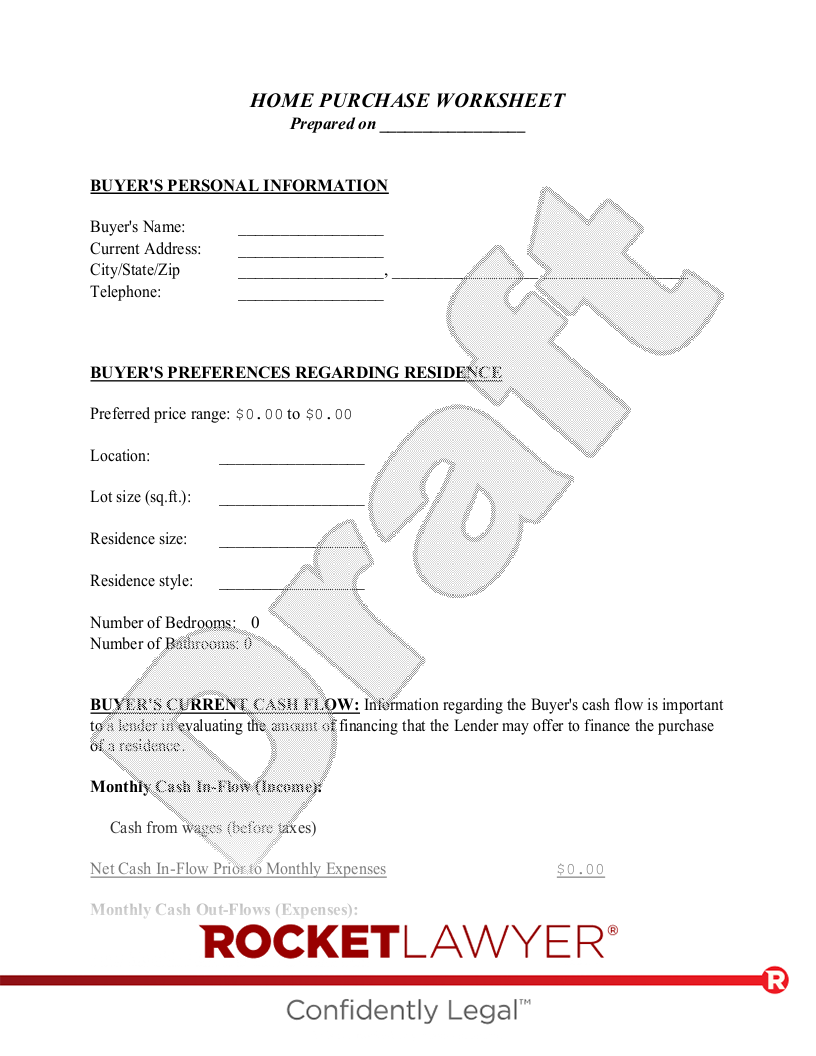How Are a Bond for Deed and Owner Financing Similar or Different?
Traditional owner financing is quite similar to a Bond for Deed, but oftentimes with a Bond for Deed, the deed and title are placed in third-party escrow to protect the parties' interests. Payments are still made to the seller directly, and if the buyer defaults, the seller can institute legal proceedings to get the property back. In most states, the buyer can then countersue and claim reimbursement for all home restorations and improvements, provided they enhanced the value of the house.
What Are the Pros and Cons of Using a Bond for Deed?
A Bond for Deed typically allows the buyer and seller to work out an arrangement much faster. It does not require the same legal filings in most states, and it can be executed within a matter of hours or days, depending on how quickly the two can agree. But the shortened nature of the agreement opens the buyer up to more risk as default results in repossession without reimbursement. Traditional owner-financing options, on the other hand, can take longer, but the contract can also be developed to provide better protection to the buyer rather than just the seller.
This article contains general legal information and does not contain legal advice. Rocket Lawyer is not a law firm or a substitute for an attorney or law firm. The law is complex and changes often. For legal advice, please ask a lawyer.
